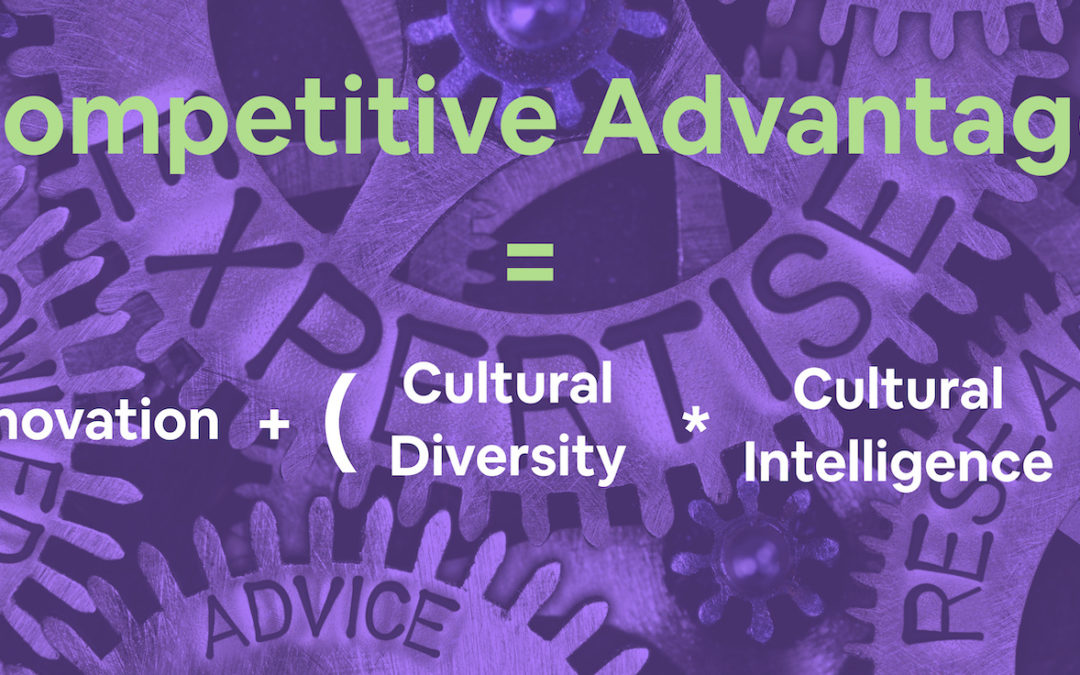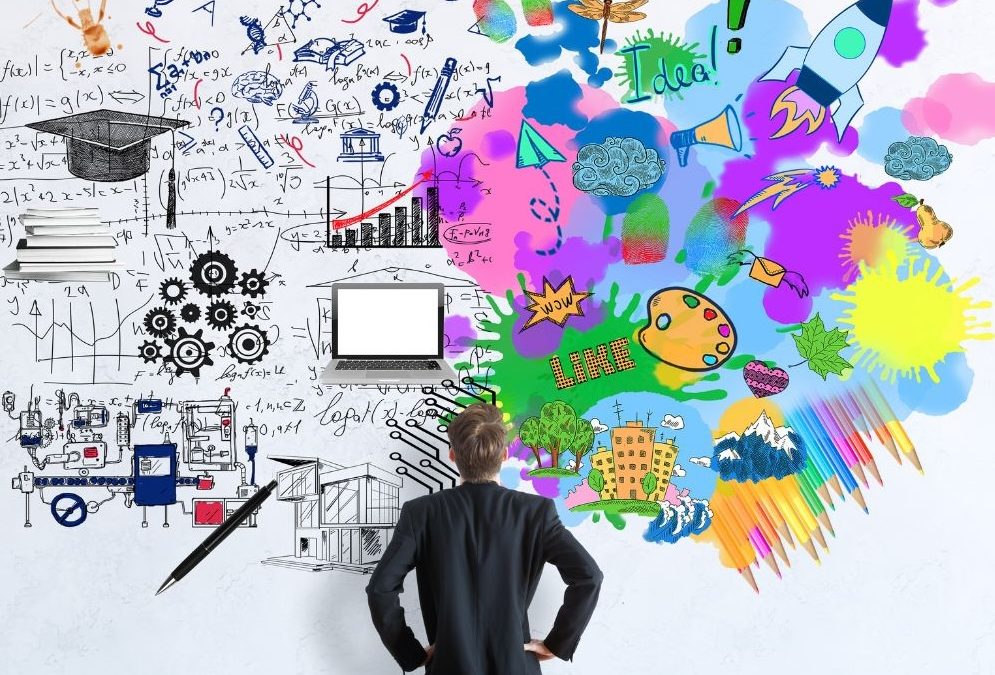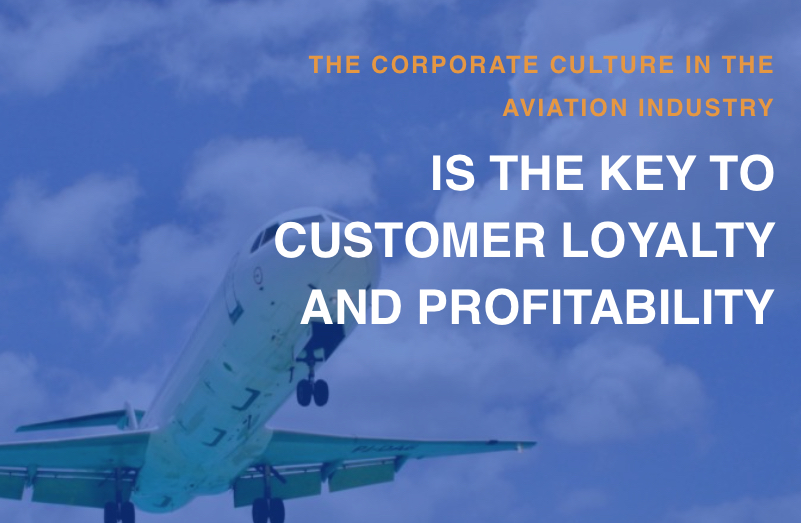Most friction in organisations arises between different groups inside the company. usually, there is not too much attention to the internal friction in the organisation. There are several reasons f that, including:
- The employees and the middle managers think it has to be that way because it has always been that way.
- Middle managers often feel it is easier to “play the game” instead of trying to change the culture.
- Our research also shows, that some like that internal fighting and bullying
Internal fighting can have many forms. It can be between different departments, that blame each other for poor performance or it can be between different professional groups, age groups, different physical locations, etc.
What are the consequences of internal fighting?
One of the most obvious consequences is that the performance of the entire organisation slows down. Instead of having a focus on doing the best for the customers and helping your colleagues in the best possible way, too much energy is wasted on positioning and even obstruction of colleagues.
That leads to a vicious circle starting with employees being dissatisfied and frustrated, which leads to dissatisfied customers which then leads to a lower performance for the company. That lower performance just fuels even more internal bullying, finger-pointing, frustration and escalating conflicts.
How can we reverse the development of a toxic culture?
Apart from the few people in any organisation, who like conflicts, most other employees and middle managers are looking for a way out. But that way out is very difficult to find when you, yourself are a part of the conflict. When we ask people why they have the conflict and what they would do to solve it, they usually can’t produce a solution, which is very natural.
Making the entire organisation more culturally intelligent is the solution
The best way to lower cultural friction and internal fighting I to train everybody in the organisation to become more cultural intelligence. Cultural intelligence is the ability to understand why other people are behaving the way they do base on their norms, values and basic assumptions. When we have that understanding we can also find solutions for bridging the differences instead of just jumping into a conflict, which never can be resolved.
Another great advantage of having a culturally intelligent organisation is that the organisation becomes more innovative because people are more willing and even encouraged to include people with different perspectives. Innovation in a company is only successful when several functions are included. If you only innovate a product it doesn’t give you a significant long-term advantage. If, however, you innovate a product together with service offerings, distribution solutions etc, you create something that the customers like. Remember, anyone can copy your products, but nobody can copy your culture.
How do I make my organisation culturally intelligent?
Gugin has several solutions and it is our experience that the best and most cost-effective way to train the organisation is a combination of online training and in-class session for dedicated groups.
You can learn more about our course modules here

Dr Finn Majlergaard
CEO Gugin, Professor, Keynote Speaker, Author
- We align your corporate culture with your strategy.
- We take you safely through major changes in your organisation.
- We develop the crucial cultural intelligence in your organisation by training your employees and leaders
- We help you develop a competitive advantage with a unique corporate culture
Gugin has helped more than 600 companies around the world creating a winning corporate culture.

Competitive advantage – a new way of calculating it
Learn how to calculate the competitive advantage derived from cultural diversity, cultural intelligence and innovation.
#competitiveadvantage #innovation #diversity #leadership

When Innovation dies it is too late to change
Becoming innovative is difficult – staying innovative is harder – and when it fades it is almost always too late to change the culture

Post-merger integration – the top 3 reasons why it usually fails
According to most surveys, including those from BusinessWeek and McKinsey quarterly 2/3 of all mergers and acquisitions fail to meet their objectives due to cultural clashes. In Gugin we have spent thousands of hours and a lot of money researching the reason behind this and develop services that help bring down that ratio.

Cultural Dilemma 1: The Owner’s Daughter
As leaders we are faced with dilemmas all the time. if you have a high level of Cultural intelligence you will reconcile them successfully

Future Cultural Challenges for Airlines and Airports
Executive Summary IATA has forecasted that passenger demand to double over 20 Years with the fastest-growing markets in Asia and Sub-saharan Africa. This is no surprise that the emerging and frontier market economies account for the biggest growth in the near future....
